"Parliament plays role in fighting poverty"
In the fight against poverty and social exclusion in the Western Balkans, national parliaments play an important role.
Tuesday, 12.10.2010.
15:45

In the fight against poverty and social exclusion in the Western Balkans, national parliaments play an important role. They introduce EU standards into the countries' legal systems, a conference gathering parliamentary committees on poverty reduction from the Western Balkans and Turkey heard on Tuesday in Belgrade. "Parliament plays role in fighting poverty" Opening the two-day conference, Serbian parliament speaker Slavica Djukic-Dejanovic said it was extremely important in the context of European integration that Western Balkan countries harmonize their national legislation with the EU, as well as preserve current and develop new models of regional cooperation with a view to reducing poverty. Reminding that the Serbian government passed a Poverty Reduction Strategy in 2003, which halved poverty between 2003 and 2008, Djukic-Dejanovic said that poverty is on the rise once again due to the effects of the world economic crisis. She pointed out that partnership of regional governments and parliaments, civil society, international organizations, the private sector and the media is important in combating poverty. The speaker reminded that Serbia has passed an anti-discrimination law, as well as laws on employment and unemployment insurance, professional rehabilitation and employment of persons with disabilities, social housing, the education system and refugees, which all regulate poverty-related issues. Djukic-Dejanovic pointed out that the EU designated 2010 as the Year for combating poverty and social exclusion. Head of the EU Delegation to Serbia Vincent Degert said that offering support and assistance to groups in need should not be considered an expense but an investment in the future. He stressed that national parliaments play an important role in combating poverty in the Western Balkans and Turkey, and that their work is also key in transferring EU standards to national legislation and later implementing them. Degert noted that around seven percent of Serbian citizens are living below the poverty line, that the number was lower before the global economic crisis, and that the Roma, refugees and IDPs are the groups most affected. Djukic-Dejanovic (l), Degert (c), attend the conference (Beta)
"Parliament plays role in fighting poverty"
Opening the two-day conference, Serbian parliament speaker Slavica Đukić-Dejanović said it was extremely important in the context of European integration that Western Balkan countries harmonize their national legislation with the EU, as well as preserve current and develop new models of regional cooperation with a view to reducing poverty.Reminding that the Serbian government passed a Poverty Reduction Strategy in 2003, which halved poverty between 2003 and 2008, Đukić-Dejanović said that poverty is on the rise once again due to the effects of the world economic crisis.
She pointed out that partnership of regional governments and parliaments, civil society, international organizations, the private sector and the media is important in combating poverty.
The speaker reminded that Serbia has passed an anti-discrimination law, as well as laws on employment and unemployment insurance, professional rehabilitation and employment of persons with disabilities, social housing, the education system and refugees, which all regulate poverty-related issues.
Đukić-Dejanović pointed out that the EU designated 2010 as the Year for combating poverty and social exclusion.
Head of the EU Delegation to Serbia Vincent Degert said that offering support and assistance to groups in need should not be considered an expense but an investment in the future.
He stressed that national parliaments play an important role in combating poverty in the Western Balkans and Turkey, and that their work is also key in transferring EU standards to national legislation and later implementing them.
Degert noted that around seven percent of Serbian citizens are living below the poverty line, that the number was lower before the global economic crisis, and that the Roma, refugees and IDPs are the groups most affected.










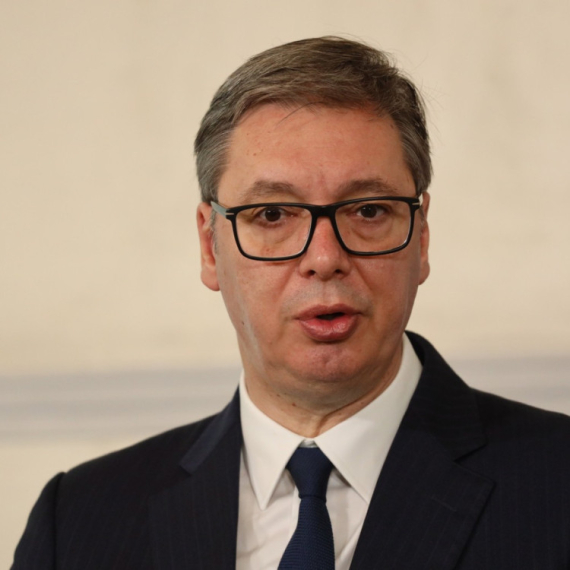

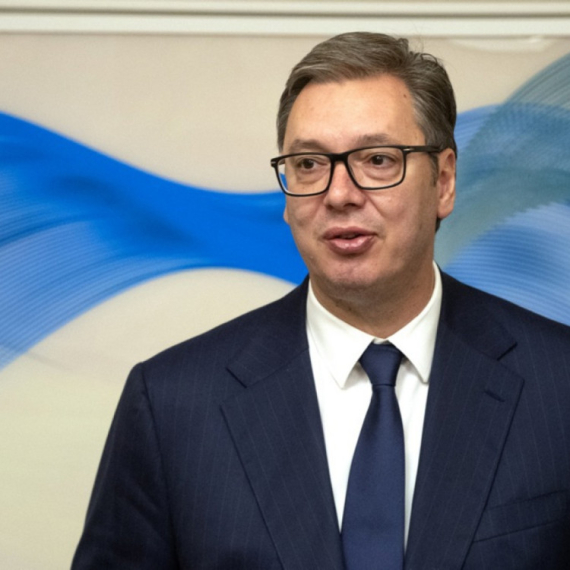


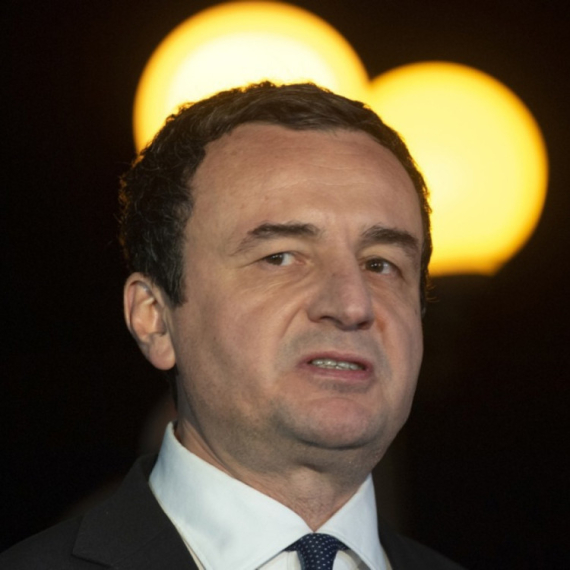
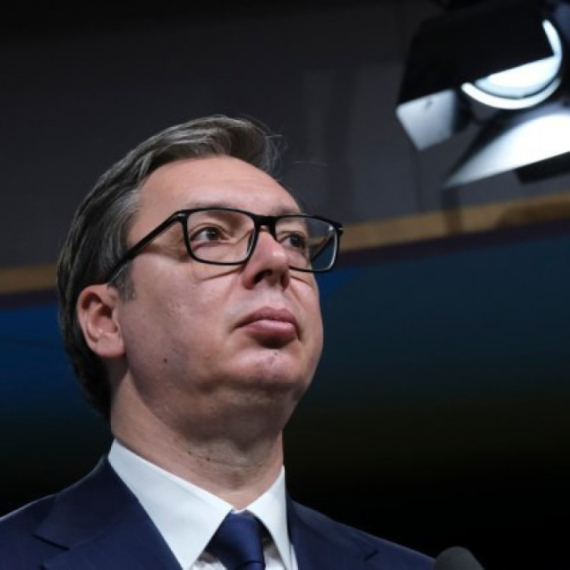







































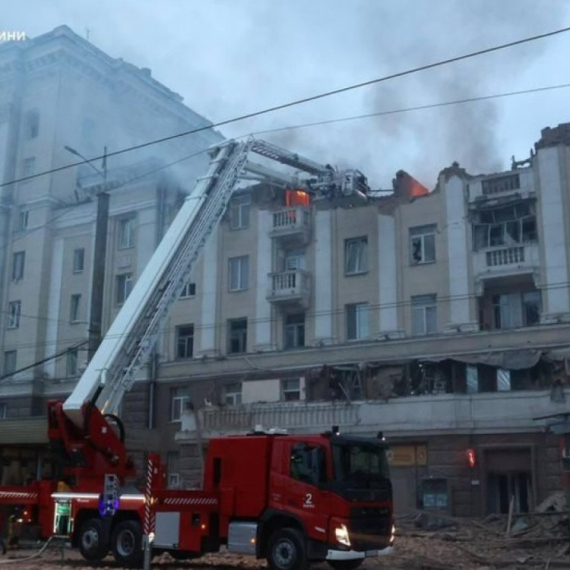

Komentari 0